Join this DPU Dialogues in Development to explore the relationship between health, active mobility and adolescence.
About the event
Join this DPU Dialogues in Development event and the second episode of our "On the Way to School" project webinar series. This episode will explore the relationship between health, active mobility and adolescence. We will delve into the importance of stakeholder participation, community engagement and exploratory methodologies through the lens of academics and urban practitioners. We will present three case studies in the United Kingdom, Ghana and Chile. Through these case studies, we'll learn more about the research projects and create a dialogue to discuss the findings, considering different settings, contexts, and geographies.
Chair
Daniel Oviedo, DPU Associate Professor and OWS Principal Investigator. Associate Professor Daniel Oviedo is a civil engineer with a PhD in development planning and a master's in transport planning. With over 14 years of experience in transport and development research, he specializes in analysing inequalities related to urban transport and policy evaluation in developing countries. He has worked on research projects across Latin America, Africa, Asia, and the UK, advising national governments, the Inter-American Development Bank, and the World Bank on transport planning, social equity, and sustainability. He is also the director of the International Network for Transport and Accessibility in Low-Income Communities (INTALInC) in Latin America and the Caribbean, the UCL-Osaka Walking Cities Lab and the UCL Inclusive Mobility Innovations Platform. He is also the Principal Investigator for the three-year Medical Research Council-funded project, “On the Way to School”, focusing on active mobility to and from school in adolescents in Bogotá, Colombia and Maputo, Mozambique. View Daniel's profile. Speakers
Karen Seaman, Funder of La Reconquista Peatonal. Karen Seaman Cuevas is a woman, walker, and urban planner. These attributes led her to co-found the project La Reconquista Peatonal, alongside Nicole Pumarino Orbeta, which has been collecting the experiences of walkers in their everyday lives since 2017. With a degree in Architecture from the University of Chile, a master’s in urban design: art, city, society from the University of Barcelona, and currently a PhD candidate in Territory, Space, and Society at the University of Chile; Karen pursues a research line focused on the corpo-realities of walking from an intersectional perspective. This approach seeks to understand the power dynamics that turn our environments into places of tension, inequality, and injustice for some individuals. Her academic expertise, urban planning background, and role as the director of the NGO La Reconquista Peatonal are intertwined in her current practice. Her ongoing doctoral thesis explores the climate at the scale of the body, studying the impact of heatwaves on the everyday lives of women who navigate the city on foot.
In the NGO La Reconquista Peatonal, they have been dedicated for over 6 years to valorise the walking experience of individuals who are typically overlooked in territorial planning. In doing so, walking is regarded as a way of inhabiting territories that goes beyond mere displacement. Walking is, in some cases, a form of caring, teaching, sharing, recreating, and connecting with both humans and non-humans. However, in other cases, it is also an obligation, a challenge, and a moment of discomfort and oppression that affects individuals unevenly. Over the past year, they have conducted the research "Children and Adolescents’ Everyday Walking: experiences and practices from an intersectional perspective," a project funded by VREF. This project employs intersectional approaches and participatory methods to explore the experiences of groups of children and adolescents in two different cities: Berlin (Germany) and Santiago (Chile).
Dr Christina Xiao, Modelling and Evaluation Manager at C40. As C40’s Modelling and Evaluation Manager, Christina Xiao is responsible for assessing and reporting the impact of cities’ climate actions, including their wider economic, social, and health benefits. She is a public health researcher whose work focuses on evaluating the impact of health policies at the intersection of urban design, sustainable transport, and physical activity promotion. In addition, she has worked as a consultant for local government and non-profit organizations, such as Sustrans and Impact for Urban Health. She also has experience as a health policy consultant within the Health Division of the Organisation for Economic Co-operation and Development. Throughout her career, she has focused on issues at the intersection of health, environment, and climate change by assessing policies that promote both human health and environmental sustainability. Christina holds a PhD in Epidemiology from the University of Cambridge, a Master of Public Health from École des Hautes Etudes en Santé Publique, and a BA in Public Policy from the University of Chicago.Dr Olivia Allot, Research Associate in Population Health Interventions at the University of Cambridge School of Clinical Medicine. Olivia’s PhD studentship with the Behavioural Epidemiology programme was funded by the NIHR School of Public Health Research and supervised by Dr Esther van Sluijs. Her PhD examined how adolescents are active and whether this varies by socioeconomic position. Before starting her PhD, Olivia completed an undergraduate degree in Applied Sports Science at the University of Edinburgh. During this time, she developed an interest in physical activity and population health. This motivated her to pursue a master’s degree in physical Activity for Health, also at the University of Edinburgh. After graduating Olivia worked as a research assistant at the University of Cambridge on the FRESH (Families Reporting Every Step to Health) study. She also spent time at the University of York where she was involved in a project investigating the impact of income inequality on status consumption. Whilst working on these projects she became more specifically interested in the role of physical activity on health inequalities during childhood.
Dr Xiao and PhD Candidate Allot will present the Children’s Health in London and Luton Study. The Ultra-Low Emission Zone (ULEZ) was introduced in Central London in 2019 to improve air quality and public health. The Children's Health in London and Luton (CHILL) study aimed to evaluate the impact of the ULEZ on children's health. The study found that the implementation of clean air zones encouraged more children to take active modes of travel to school. The study also found that children living further from school were more likely to switch from inactive to active modes. Overall, the study suggests that clean air zones can increase the uptake of active travel to school and promote more sustainable and active travel among children.
Dr Samuel Asiedu Owusu, Senior Research Fellow at the University of Cape Coast's Directorate of Research, Innovation, and Consultancy (DRIC). Dr. Samuel Owusu serves as the Administrator of the University's Institutional Review Board (UCCIRB). With a Ph.D. in Population and Health, he is an interdisciplinary social scientist focusing on bioethics, child health, and various aspects of education and health. Dr. Owusu has authored numerous peer-reviewed articles, technical reports, and policy documents. His research and collaboration extend internationally, working with institutions such as USAID and the UK Department for International Development. As the UCCIRB Administrator since 2014, he has played a key role in reviewing and approving over 2,000 research protocols, contributing to the development of important policy documents for the board. Dr. Owusu is also a notable member of the Ghana Association of Administrators of Research Ethics Committee (GHAAREC).
YouTube Widget Placeholderhttps://www.youtube.com/watch?v=v8xHz4f088E
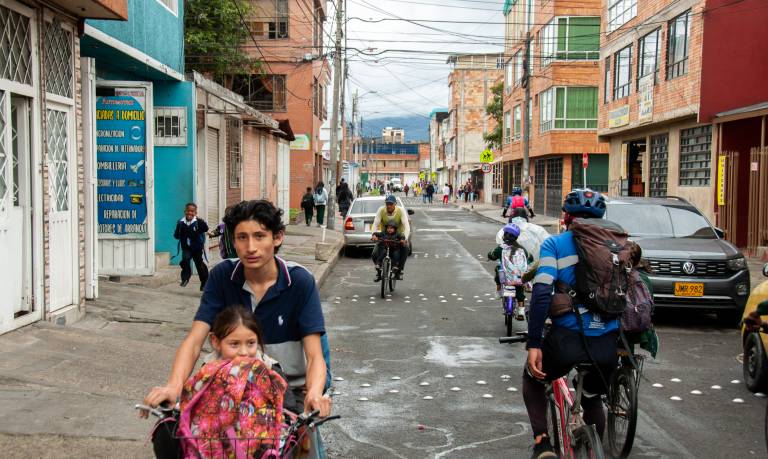
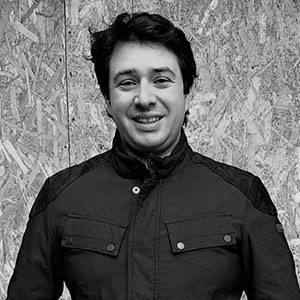
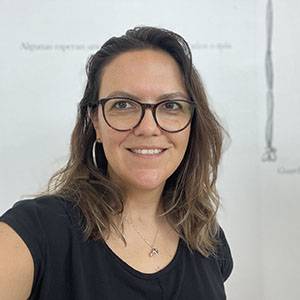

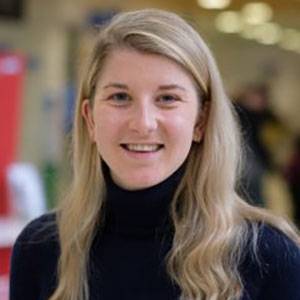
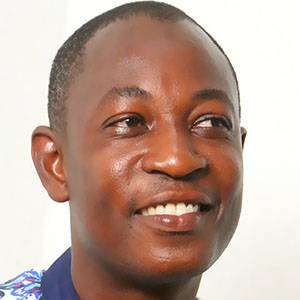
 Close
Close

